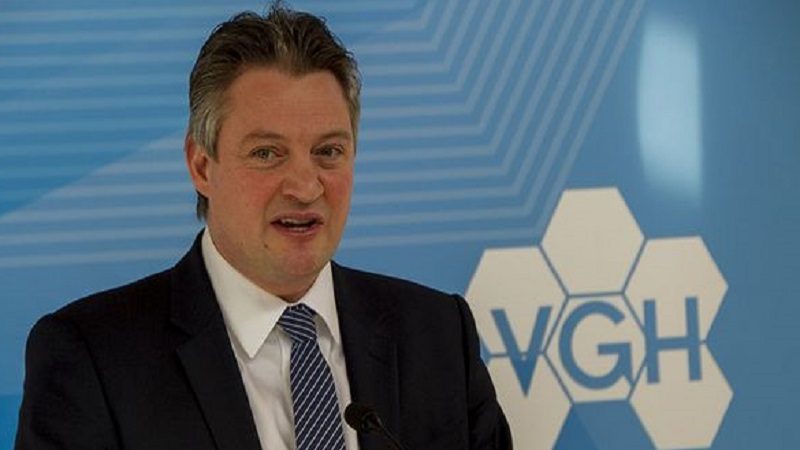The public perception to health care has changed and is changing. A fast-developing industry of technological medical aids, innovative pharmaceuticals, widespread online access to health information and research, have all increased demands.
Moreover, it is a well-known fact, that the Maltese population is an aging one, as Malta has a low mortality rate, and a poor population growth.
This increases the burden on a health care delivery system and it is widely acknowledged that if no new measures are introduced in Malta’s health care system the costs increase by some 3% in one single year.
I cannot but notice that it is the public’s desire, to have a more holistic, national health care system based on a Public-Private health mix, where the pillars of equitable access, quality assurance and sustainability are safe guarded to the highest standards.
No matter how strong a nation’s economy is, free health care provision may be a bottomless pit if caution is not guaranteed. From a financial point of view the Ministry of Health has no predetermined budget allocation. It still receives its finances by competing with other ministries to obtain its share from the consolidated fund.
In the past, attempts to alter this unorthodox system have always failed. It is a fact that our nation’s health care system is significantly sustained by out-of-pocket payments as patients keep choosing private health care whenever they visit their GP and that a Public-Private health mix is not only a health choice but a relief to the treasury.
I have always insisted that the key to any success lies in empowering the health consumer through health promotion and prevention, and to deliver a more personalised health care which is primarily community oriented and where individuals take care of their wellbeing. Unfortunately the budget allocation for health prevention still stands at 2%.
Our health performance outcomes have to be redefined from one of medical diagnosis to one that is hallmarked by wellness goals. This is the very reason why the Maltese are hallmarked as amongst the most overweight and obese people in Europe and why HIV is in epidemic proportions.
Without a proper budget allocation for health prevention and primary health care we cannot ensure that our health strategies will yield better medium- and long- term health outcomes.
Any National Health System Strategy has to be addressed by robust projections. By February 2013 all the workings for the present strategy, which ends in 2021, were already finalised and ready for print.
This was backed by a new Health Act, a Health in Transition Report (a standardised WHO snapshot on our health care provision, health objectives and forecasts. The one preceding this was done in 1999) and for the first time ever, accounted costings that address each health care service from major surgery to a lab investigation.
My resignation from the Health Ministry in March 2013 was a matter of principle. Then, Vitalis Global Health (later renamed Vitals Global Healthcare) still hadn’t been conceived but rumours in the OPM’s corridors were such that a possible venture could be established.
These were never discussed with me. The notarial deal with Bart’s University London had been signed and a new Gozo Health Campus and Medical School was an immediate need. EU funds for health care were taken up by the Sir Anthony Mamo Oncology Centre, a new Paola Health Centre project and the new admission wards above the Accident and Emergency Department.
The only way forward was for a Public-Private Partnership, more so if hospital bed occupancy had to be increased. In hindsight it is very evident why the Prime Minister was advised to remove me from this Ministry post and offer me other portfolios.
It surely was not the lack of my capabilities or humane-centric team work or for that matter the ‘tinda’ extension ordeal for which I had taken political responsibility. This was after all decided by the CEO of Mater Dei Hospital to ensure that were no cancellations of day surgeries and the ‘tent’ was going to be used as a reception waiting area for relatives. I was simply too accountable.
To achieve and implement these health status objectives I am of the firm opinion both as a politician and as a health care professional, that health should be driven away from partisan politics.
We must shift to models that encourage consensus across party lines, increase health care professional collaboration, increase public ownership and team up with NGOs in Public-Social Partnerships.
Unfortunately, the Vitals pro-shady-business- contract has opened an oozing and infected wound in our national health service not only because of its multi-faceted bad governance but also because it is not a fair public deal.
Deputy Prime Minister and Minister of Health Chris Fearne has repeatedly publicly stated that he has nothing to do with this contract even though when government consented it, he was Parliamentary Secretary for Health and he again stated so when this contract was transferred from Vitals Global Health to Steward Healthcare last December.













